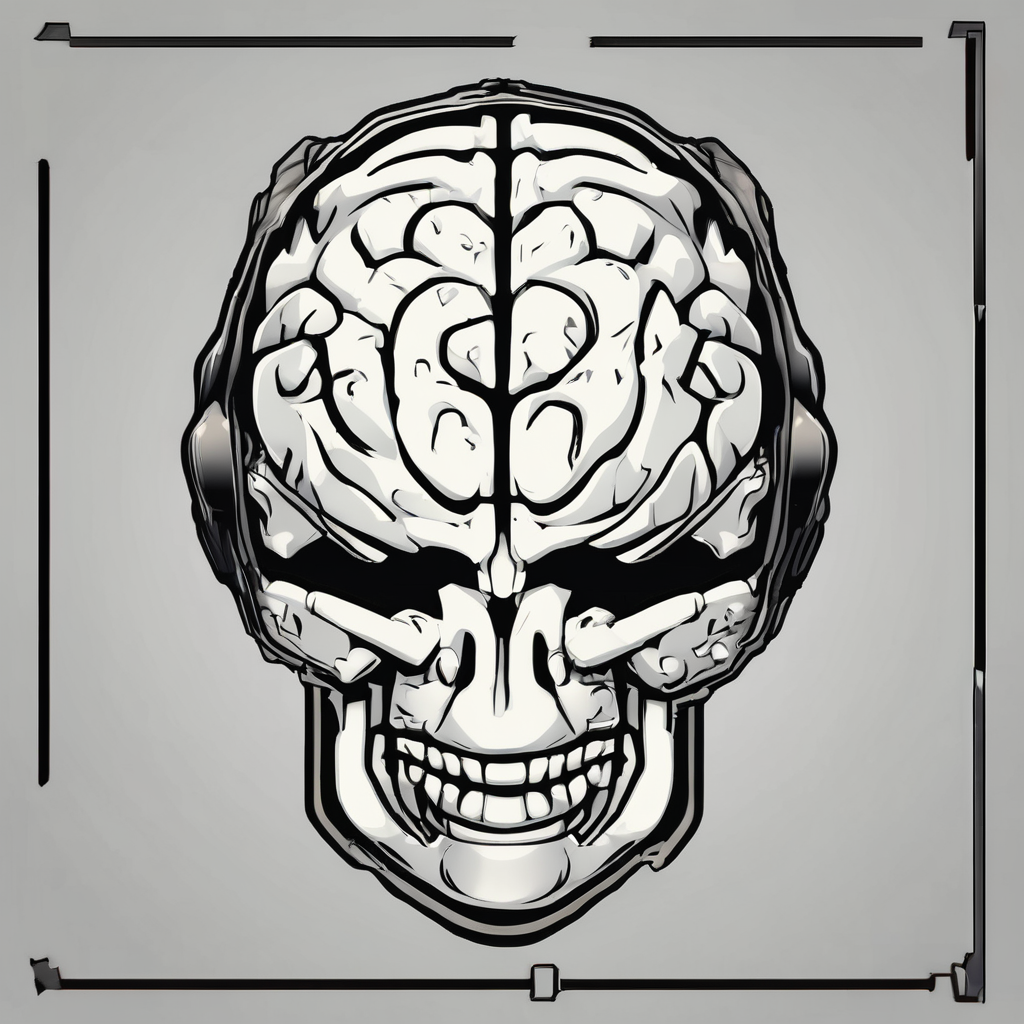In today’s fast-paced world, the importance of sleep is often underestimated, yet its impact on our overall health remains undeniable. One sleep disorder that warrants significant attention is sleep apnea. Beyond its immediate effects on rest and daily functioning, sleep apnea holds serious implications for cardiovascular health. This article delves into the connections between sleep apnea and cardiovascular conditions, elucidating the underlying mechanisms and highlighting the pressing need for awareness and treatment.
Understanding Sleep Apnea: A Silent Threat
Sleep apnea is a common but frequently overlooked sleep disorder characterized by repeated interruptions in breathing during sleep. These interruptions, or apneas, can last anywhere from a few seconds to a minute, depriving the body of essential oxygen. There are two primary types of sleep apnea: obstructive sleep apnea (OSA), which occurs when the muscles at the back of the throat fail to keep the airway open, and central sleep apnea (CSA), where the brain fails to send proper signals to the muscles that control breathing.
Also read : What Are the Implications of Sleep Apnea on Cardiovascular Health?
The consequences of untreated sleep apnea extend beyond chronic fatigue and disrupted sleep patterns. It’s a silent threat that, over time, can lead to severe cardiovascular problems. Understanding the implications of this disorder is vital for those affected and their healthcare providers.
The Direct Link: Sleep Apnea and Hypertension
A well-established connection exists between sleep apnea and hypertension (high blood pressure). During apneic episodes, blood oxygen levels drop, prompting a fight-or-flight response in the body. This response releases stress hormones such as adrenaline, which temporarily spikes blood pressure. Chronic exposure to these surges results in sustained hypertension.
Additional reading : What Are the Best Practices for Managing Chronic Respiratory Conditions in Urban Populations?
Studies have shown that individuals with sleep apnea are more likely to develop hypertension compared to those without the disorder. Continuous positive airway pressure (CPAP) therapy, a common treatment for sleep apnea, has been demonstrated to lower blood pressure in hypertensive patients by maintaining open airways during sleep. This highlights the crucial role that effective sleep apnea management plays in cardiovascular health.
Furthermore, untreated sleep apnea can exacerbate pre-existing hypertension, making it more difficult to control with medication alone. For patients diagnosed with both conditions, physicians often advise comprehensive treatment plans that address both sleep apnea and hypertension simultaneously, underscoring the interdependence of these health issues.
Heart Disease: A Serious Complication
The relationship between sleep apnea and heart disease is complex, involving several pathways and mechanisms. Repeated apneic episodes result in intermittent hypoxia, or low oxygen levels, which can induce systemic inflammation, oxidative stress, and endothelial dysfunction. These factors contribute to the development and progression of various forms of heart disease, including coronary artery disease, heart failure, and arrhythmias.
Patients with sleep apnea face an increased risk of developing coronary artery disease, characterized by the narrowing or blockage of coronary arteries. The reduced oxygen levels and ensuing stress on the cardiovascular system can accelerate the buildup of plaques in the arteries, leading to a higher incidence of heart attacks.
Moreover, sleep apnea is linked to heart failure. Chronic oxygen deprivation and the strain on the heart caused by frequent apneic events can weaken the heart muscle over time, impairing its ability to pump blood efficiently. Research indicates that treating sleep apnea in heart failure patients can improve cardiac function and overall prognosis.
Arrhythmias, or irregular heartbeats, are also more common among sleep apnea sufferers. The fluctuations in oxygen levels can disrupt the heart’s electrical activity, increasing the likelihood of conditions such as atrial fibrillation. Managing sleep apnea is thus essential for reducing the risk of these dangerous heart rhythm disorders.
Stroke: A Devastating Outcome
One of the most severe cardiovascular implications of sleep apnea is the heightened risk of stroke. Strokes occur when the blood supply to part of the brain is interrupted, leading to brain cell death and potentially devastating consequences. Sleep apnea’s contribution to stroke risk is multifaceted, involving both direct and indirect pathways.
The intermittent hypoxia experienced during apneic events promotes the formation of blood clots, which can travel to the brain and cause a stroke. Additionally, the repeated surges in blood pressure associated with sleep apnea can damage blood vessels, making them more susceptible to rupture or blockage.
Research has shown that individuals with sleep apnea are at a significantly higher risk of stroke compared to those without the disorder, even when controlling for other risk factors such as age, smoking, and diabetes. This underscores the importance of recognizing and treating sleep apnea to mitigate the risk of such catastrophic outcomes.
Post-stroke management also highlights the importance of addressing sleep apnea. Patients who have suffered a stroke often exhibit undiagnosed sleep apnea, which can impede recovery and rehabilitation. Integrating sleep apnea screening and treatment into stroke care protocols can enhance recovery outcomes and reduce the likelihood of recurrent strokes.
The Role of Diagnosis and Treatment
Given the serious cardiovascular implications of sleep apnea, timely diagnosis and effective treatment are paramount. Unfortunately, sleep apnea often goes undiagnosed, as many individuals are unaware of their nighttime breathing interruptions. Sleep studies, either conducted in a sleep lab or through at-home testing devices, are essential for accurately diagnosing the condition.
Once diagnosed, several treatment options are available to manage sleep apnea and mitigate its cardiovascular risks. CPAP therapy remains the gold standard, using a machine to deliver continuous air pressure through a mask, keeping the airway open during sleep. This method has proven effective in reducing apneic events and improving cardiovascular outcomes.
For those who cannot tolerate CPAP, alternative treatments such as oral appliances or surgery may be considered. Oral appliances work by repositioning the jaw to maintain an open airway, while surgical options aim to remove or reduce tissue obstructing airflow.
Lifestyle modifications also play a crucial role in managing sleep apnea and its cardiovascular implications. Weight loss, regular exercise, and avoiding alcohol and sedatives before bedtime can significantly reduce the severity of sleep apnea symptoms.
In conclusion, the implications of sleep apnea on cardiovascular health are profound and far-reaching. From contributing to hypertension and heart disease to increasing the risk of stroke, untreated sleep apnea poses significant dangers to the cardiovascular system. Recognizing the signs of sleep apnea, seeking timely diagnosis, and adhering to effective treatment protocols are essential steps in mitigating these risks.
Healthcare providers and patients alike must prioritize the management of sleep apnea to safeguard cardiovascular health. By addressing this silent threat, we can improve overall well-being and reduce the burden of cardiovascular diseases. As we continue to uncover the intricate connections between sleep and health, the importance of quality sleep and effective treatment for sleep disorders becomes ever clearer.






